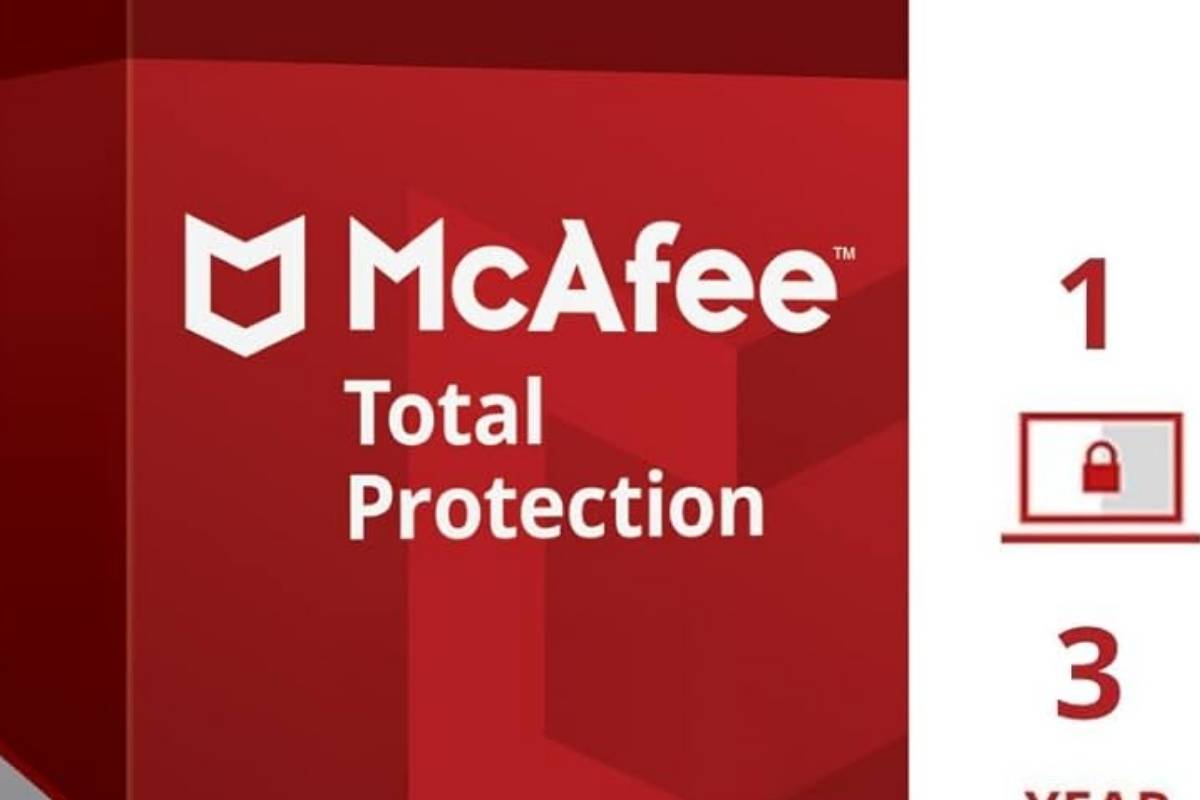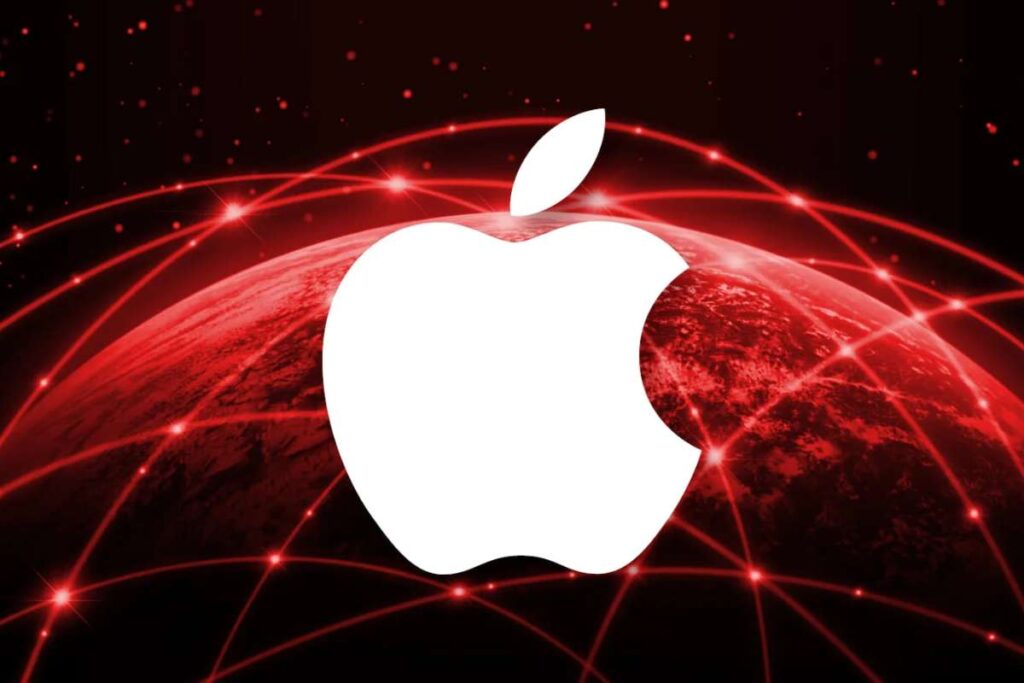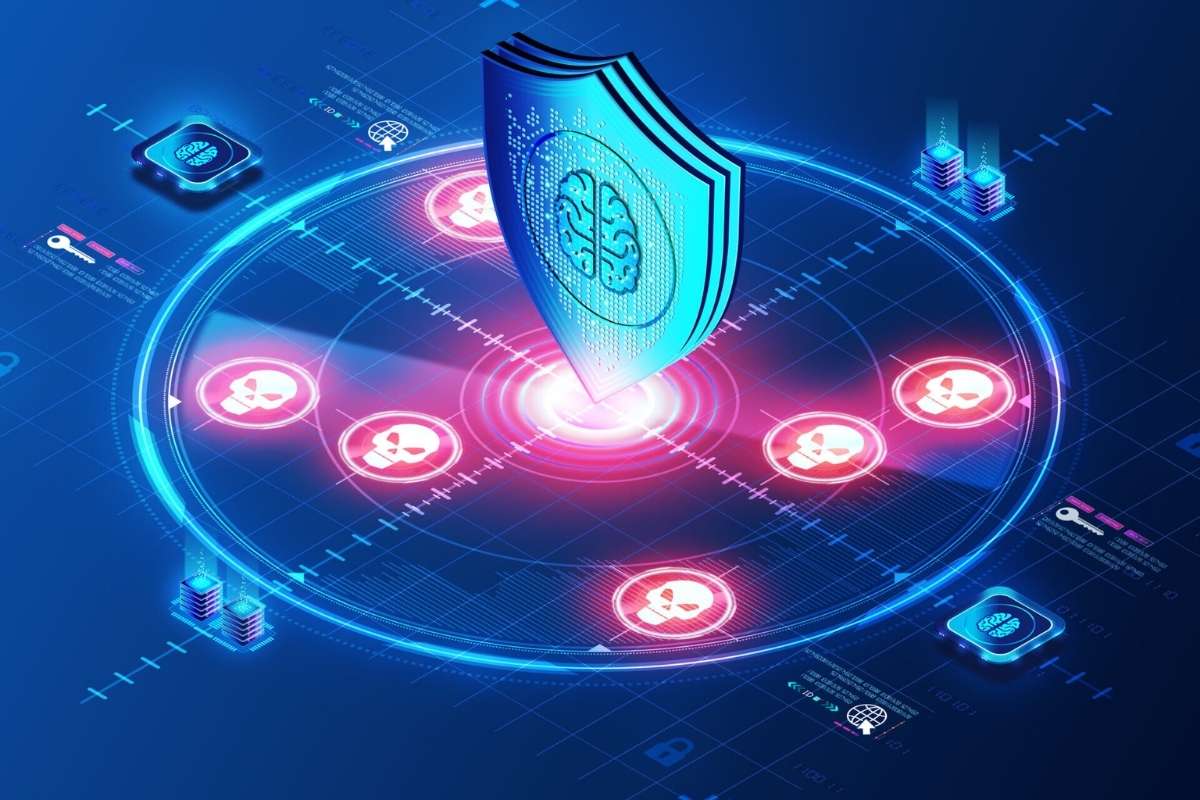In today’s digital age, protecting your online assets is paramount. With cyber threats evolving constantly, having the right tools at your disposal is crucial for safeguarding your data and privacy. From malware detection to network monitoring, cybersecurity tools play a vital role in defending against cyber attacks. In this article, we’ll explore the 15 best cyber security tools in 2024 that can help you fortify your defenses and stay ahead of potential threats.
Here Are the Top 15 Cybersecurity Tools in 2024
15. FireEye Endpoint Security:
FireEye Endpoint Security is a robust tool designed to detect and prevent advanced cyber threats. It offers real-time protection against malware, ransomware, and other malicious activities, making it an essential component of any cybersecurity arsenal.
14. CrowdStrike Falcon:
CrowdStrike Falcon is a cloud-based endpoint protection platform that utilizes artificial intelligence and machine learning to identify and stop cyber attacks in real-time. It provides comprehensive visibility into endpoint activities and helps organizations respond swiftly to security incidents.
13. Trend Micro Deep Security:
Trend Micro Deep Security offers advanced server security for physical, virtual, and cloud environments. It provides protection against vulnerabilities, intrusion attempts, and unauthorized access, helping organizations maintain the integrity of their systems and data.
12. Cisco Umbrella:

Cisco Umbrella is a cloud security platform that provides secure web gateway, DNS security, and cloud-delivered firewall services. It offers protection against phishing, malware, and other internet-based threats, ensuring safe and secure browsing for users.
11. Palo Alto Networks Next-Generation Firewall:
Palo Alto Networks Next-Generation Firewall is a leading firewall solution that provides advanced threat prevention capabilities. It uses machine learning and threat intelligence to identify and block sophisticated cyber attacks, making it an indispensable tool for network security.
10. Symantec Endpoint Protection:
Symantec Endpoint Protection is a comprehensive security solution that combines antivirus, firewall, and intrusion prevention capabilities. It offers multi-layered protection against known and unknown threats, keeping endpoints secure against cyber attacks.
9. Check Point SandBlast Agent:
Check Point SandBlast Agent is an advanced endpoint protection solution that prevents malware infections and zero-day attacks. It uses sandboxing technology to analyze suspicious files in a secure environment, mitigating the risk of malware infiltration.
8. Fortinet FortiGate:
Fortinet FortiGate is a next-generation firewall that provides high-performance network security. It offers intrusion prevention, application control, and VPN capabilities, empowering organizations to secure their network infrastructure effectively.
7. McAfee Total Protection:

McAfee Total Protection is a comprehensive security suite that offers antivirus, firewall, and identity theft protection. It safeguards devices against cyber threats, secures online transactions, and protects sensitive information from unauthorized access.
6. Carbon Black Cloud:
Carbon Black Cloud is a cloud-native endpoint protection platform that delivers advanced threat detection and response capabilities. It uses behavioral analytics and machine learning to identify and neutralize cyber threats, enhancing the security posture of organizations.
5. SentinelOne Endpoint Security Platform:
SentinelOne Endpoint Security Platform is an autonomous endpoint protection solution that defends against ransomware, malware, and advanced cyber attacks. It leverages AI-driven technology to detect and mitigate threats in real-time, providing continuous protection across endpoints.
4. Kaspersky Security Cloud:
Kaspersky Security Cloud is a comprehensive cybersecurity solution that offers adaptive protection for individuals and businesses. It provides antivirus, anti-ransomware, and privacy features, safeguarding users against a wide range of cyber threats.
3. Bitdefender GravityZone:
Bitdefender GravityZone is a unified endpoint security platform that protects against advanced threats with layered security controls. It offers endpoint detection and response, risk analytics, and patch management capabilities, enabling organizations to detect and remediate security incidents efficiently.
2. Sophos Intercept X:

Sophos Intercept X is an endpoint protection solution that combines advanced threat prevention, detection, and response capabilities. It uses deep learning technology to identify and block malware in real-time, helping organizations stay protected against evolving cyber threats.
1. IBM Security Guardium:
IBM Security Guardium is a data security and protection platform that helps organizations safeguard sensitive data across hybrid cloud environments. It provides real-time monitoring, encryption, and masking capabilities, ensuring the confidentiality and integrity of critical data assets.
FAQs:
1. What are cybersecurity tools?
Cybersecurity tools are software applications or solutions designed to protect computers, networks, and data from cyber threats such as malware, ransomware, phishing, and unauthorized access.
2. Why are cybersecurity tools important?
Cybersecurity tools are important because they help organizations mitigate the risk of cyber attacks, safeguard sensitive information, and maintain the integrity of their systems and networks.
3. How do cybersecurity tools work?
Cybersecurity tools work by identifying, detecting, and responding to security threats in real-time. They use various techniques such as signature-based detection, behavioral analysis, and machine learning to protect against cyber attacks.
4. Can cybersecurity tools prevent all cyber-attacks?
While cyber security tools are effective at detecting and mitigating many types of cyber attacks, they cannot prevent all attacks. Cyber criminals are constantly evolving their tactics, so it’s important to have multiple layers of security in place.
5. How should organizations choose cybersecurity tools?
Organizations should choose cybersecurity tools based on their specific security needs, budget, and infrastructure. It’s important to evaluate the features, capabilities, and reputation of each tool before making a decision. Additionally, organizations should consider factors such as ease of deployment, integration with existing systems, and scalability.

Exploring Cyber Attack Types: Understanding the Threat Landscape
In today’s digitally-driven world, the prevalence of cyber-attacks poses a significant threat to individuals, businesses, and governments worldwide.
Conclusion:
As cyber threats continue to evolve and grow in sophistication, the importance of having robust cybersecurity tools cannot be overstated. In 2024, the landscape of cyber security is more challenging than ever, with organizations facing a myriad of threats ranging from malware and ransomware to phishing and zero-day attacks.
The 15 cybersecurity tools highlighted in this article represent the best-in-class solutions available in 2024. From endpoint protection to network security and data security, these tools offer a comprehensive suite of features and capabilities to help organizations defend against cyber attacks and safeguard their digital assets.
However, it’s essential to recognize that cyber security is not a one-time investment but an ongoing process. Organizations must stay vigilant, keep their systems updated, and continuously assess their security posture to stay ahead of emerging threats.
By leveraging the right cybersecurity tools and implementing best practices, organizations can strengthen their defenses, mitigate risk, and protect their valuable data and assets in today’s dynamic and ever-changing threat landscape. Remember, when it comes to cyber security, it’s better to be proactive than reactive. Stay safe, stay secure.






